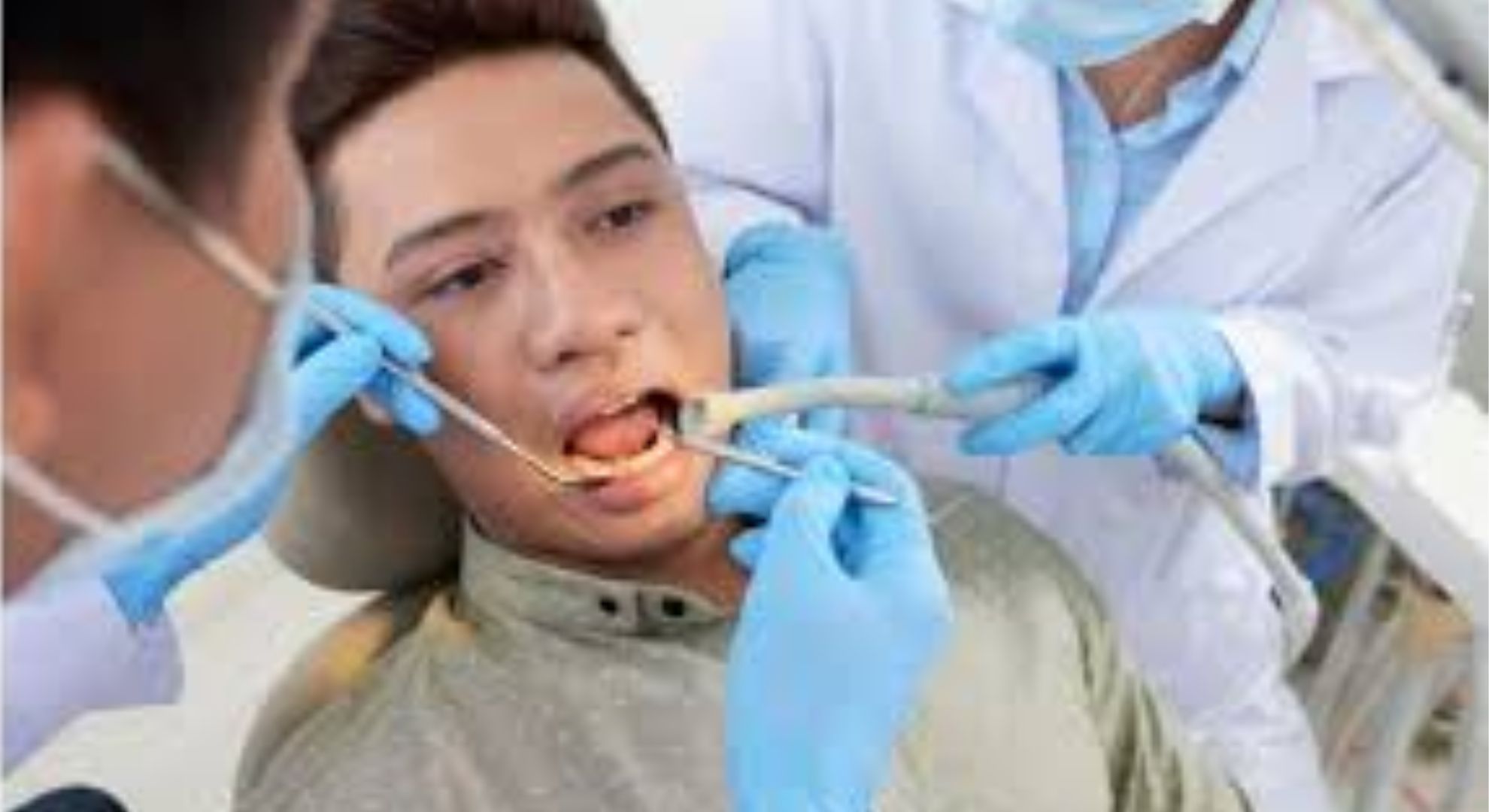When you experience a dental emergency, the last thing you want is to scramble to find a qualified professional who can treat your condition promptly. Whether it’s a severe toothache, a broken tooth, or a knocked-out tooth, urgent dental care can make all the difference in preventing further damage and alleviating pain. It’s crucial to know what to look for in an emergency dentist so you can ensure that you receive the best care possible when time is of the essence. Below are some key factors to consider when selecting an emergency dentist.
1. Availability and Hours of Operation
One of the most important aspects of urgent dental care is availability. Dental emergencies don’t happen on a schedule, and they can strike at any time—during the night, on weekends, or on holidays. Therefore, it’s essential to choose a dentist who offers after-hours or emergency services.
Ideally, the dentist should be available 24/7 or have a flexible schedule that accommodates urgent situations. Many emergency dentists offer evening and weekend appointments, while some even have an on-call service for late-night or weekend emergencies. When researching a dentist, make sure they offer emergency services and inquire about their hours of operation.
2. Location and Proximity
During a dental emergency, time is of the essence. Therefore, the location of your emergency dentist is critical. You want to select a dentist who is close enough to your home or workplace so that you can get to their office quickly in case of an emergency.
Consider how far you are willing to travel for urgent dental care. In an emergency, having a dentist nearby ensures that you can get treatment immediately, reducing the risk of complications like infections or further damage. If you live in a larger area, try to find a clinic located in a central or easily accessible location, and check if they have parking facilities or public transport options nearby.
3. Experience and Qualifications
When choosing an emergency dentist, experience is key. The dentist should be well-trained in handling various dental emergencies, including tooth fractures, abscesses, severe pain, or lost fillings. Ask about the dentist’s qualifications, years of experience, and any additional certifications or training in emergency care.
Specialized experience is also worth considering. Dentists who focus on urgent dental care often have the necessary expertise to handle complex issues like tooth extractions, root canals, and even oral surgeries that may be required in certain emergencies. A dentist with experience in emergency situations will also be able to stay calm, offer effective pain management, and make quick decisions to prevent further damage.
4. Comprehensive Emergency Services
Dental emergencies vary, and not all dentists are equipped to handle every type of urgent issue. Some emergencies might require different types of treatments, such as:
- Severe toothaches
- Knocked-out teeth
- Broken or cracked teeth
- Abscesses or infections
- Lost fillings or crowns
- Tooth extractions
It’s crucial to find a dentist who offers a broad range of urgent dental care services. Ensure that the dentist can provide the necessary treatments to handle various emergency scenarios. For example, if you knock out a tooth, you’ll need a dentist who can perform tooth re-implantation. If you have an infection, you need a dentist who can administer antibiotics or drain an abscess.
5. Reputation and Reviews
Before committing to an emergency dentist, take time to research their reputation. Reviews from other patients can provide insight into the quality of care they offer, how well they handle urgent cases, and how their office manages patient satisfaction.
Check online reviews on platforms like Google, Yelp, and Facebook to get a sense of what others think about their experience with the dentist. A dentist with a strong reputation for urgent dental care is likely to provide compassionate, efficient, and high-quality services. If you can’t find enough reviews, ask friends, family, or coworkers if they have any recommendations based on their own experiences.
6. Pain Management and Comfort
Dental emergencies are often painful, and finding a dentist who can address your discomfort is vital. Ask about their pain management practices before visiting the office. A good emergency dentist should be able to administer pain relief, whether through local anesthesia, sedation, or other means, to ensure that you are as comfortable as possible during the procedure.
A compassionate dentist who makes your comfort a priority will help you feel at ease in what can be a stressful and painful situation. If you have anxiety about dental procedures, consider looking for a dentist who offers sedation dentistry options to help you relax during the treatment.
7. Payment Options and Insurance
Dental emergencies can be expensive, and it’s important to understand how the dentist handles payments and insurance. Ask if they accept your dental insurance plan and what type of coverage they provide for urgent dental care. In addition, find out if they offer payment plans or financing options, especially if you don’t have dental insurance or if the emergency treatment requires a larger financial commitment.
Some emergency dentists may provide discounts or other arrangements to help make urgent care more affordable. Be sure to ask for a clear estimate of costs before proceeding with any treatment, and verify whether your insurance will cover the procedure.
8. Follow-Up Care and Support
Dental emergencies sometimes require follow-up care. After your initial emergency visit, you may need additional treatments or check-ups to ensure proper healing and recovery. Choose a dentist who provides follow-up care and is available for consultations if your condition changes or you need further treatment.
Ask if the emergency dentist has an aftercare system in place and how easy it is to schedule follow-up appointments. Knowing that you can receive ongoing support can provide peace of mind during your recovery.
9. Customer Service and Communication
A good emergency dentist should have excellent communication skills. The ability to explain treatment options clearly, provide instructions for post-care, and answer your questions is essential in urgent situations. You want to feel confident that you understand the treatment plan and that the dentist is accessible for any follow-up inquiries.
Additionally, customer service is important. A compassionate and professional staff can ease the stress of an emergency situation. If the office staff is friendly and responsive, you’ll feel more comfortable seeking treatment in times of need.
Conclusion
Choosing the right emergency dentist can make all the difference in your dental health during an urgent situation. Availability, experience, a range of services, pain management, and reputation all play key roles in finding the best care. By carefully considering these factors, you can ensure that you’re prepared for any dental emergency that may arise, knowing you’ll receive quality care when you need it most.
Read More ( Click Here )









